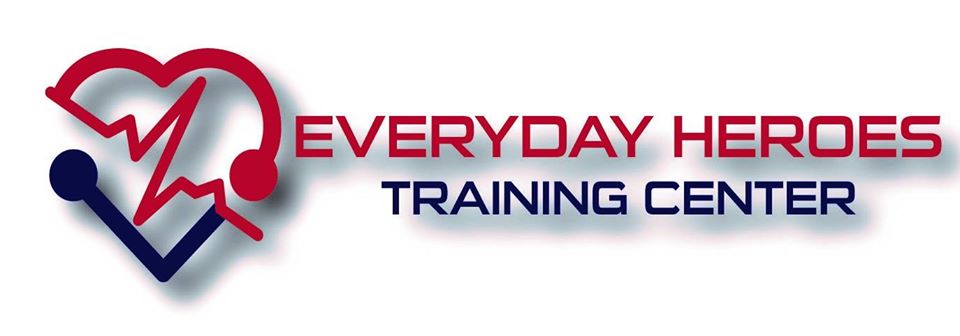Don't have time to attend one of our classroom courses? Try one of the American Heart Association's online courses. Take the classroom portion of the course online, then just schedule a skills testing session (30-45 mins.) with one of our instructors, and receive the same card you would receive in the traditional classroom course.
Do you have a business that needs a group to be certified? Everyday Heroes will come to your location to conduct any of our courses, BLS, ACLS, PALS, Basic First Aid, CPR/AED, Pediatric First Aid and CPR/AED to your employees onsite. Click here or call us at (916) 607-0001 to submit your information and schedule an onsite course.


 916-607-0001
916-607-0001
